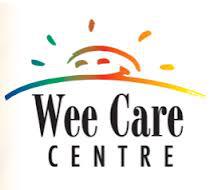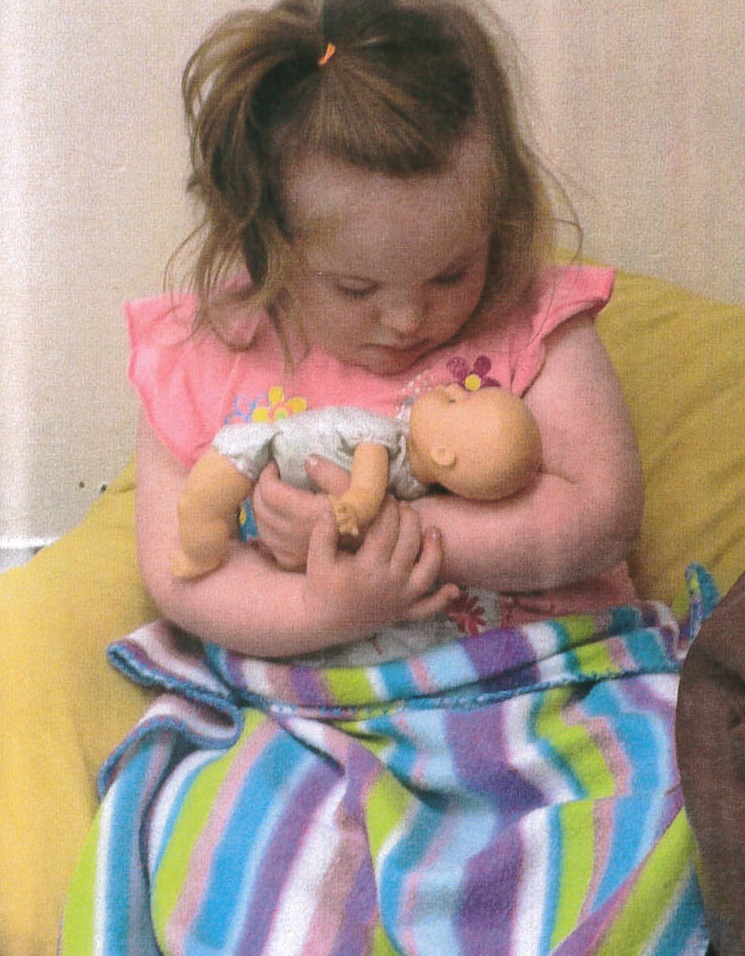An Emergent Curriculum
Wee Care Developmental Daycare follows an Emergent Curriculum program. But what does this mean?
In brief, an Emergent Curriculum does not follow a static set of themes and programming goals. Instead the daily curriculum is based on the children’s interests and passion on the given day/week.
Children thrive and learn best when their interests are captured. Learning occurs naturally when children are most engaged.
Planning emergent curriculum requires observation, documentation, creative brainstorming, flexibility and patience on the part of the Early Childhood Educator.
Rather than starting with the lesson plan which is repeated every year regardless of developmental level, age range or interests of the children, emergent curriculum starts with the children’s interests.
It is a child-directed and teacher facilitated approach to planning the curriculum.
Emergent curriculum requires a lot of creativity and flexibility on the part of the teaching team. There is no knowing where the learning will end up, but this openness makes the curriculum more exciting for both teachers and children.
The Emergent Curriculum Process
When a teacher observes an interest “emerging” in a child the process begins. An emerging interest has been identified and the teacher brainstorms different ways for the children to study the topic in depth.
Creating a web of possibilities is often used because of its playful and flexible nature. A web does not show everything that will be learned but rather the many things that could be learned.
Webbing the curriculum opens the teacher to “possibilities” rather than the “plan”. In the end, there is no lesson plan, but there is a “Road Map” sparked by the interests of the children.
The Road Map reveals the possible journeys to learning with no end in sight. The end comes when children have moved their interests to another topic and a new “emerging” interest has been identified.
The journey begins anew.
The Emergent Curriculum Goal
Children learn, not because they are taught but because they do!
They learn through actions, relationships, inquiries, opportunities and repetition. They learn as they jump, run, climb, socialize, speak, dress-up, pretend, read, listen, paint, create, observe, scream, sing and so much more.
Learning is establishing connections between activity and the feelings of delight and sense of accomplishment and pride. For this reason, the most important goal with a curriculum of any type is to inspire delight, curiosity, and inquiry. Done successfully, the child will develop an internal motivation and long-term love of learning and growth.
The Emergent Curriculum environment includes
- a variety of play levels
- opportunity for indoor and outdoor activities
- quiet play and active play options
- group play and opportunity for independent solitary play
- routines, transitions and schedules that also provides time and space for children’s choices in activities.
How do we recognize success?
Activities in an Emergent Curriculum are PROCESS-ORIENTED and there is not always a product that goes home. Teachers will photograph activities where possible and identify the learning process.
As the children observe, experiment and contribute to life in the classroom the teachers support and interact with the children. Teachers can expand the learning by asking provoking questions, providing additional tools, sharing stories or helping to seek an answer.
What can you do?
Below is a list of materials that would be helpful to have on hand to stimulate the interests of children. Assorted age appropriate loose parts for three dimensional construction and all encompassing learning.
- beads and spools with string for threading or for creating/sorting
- buttons, sturdy costume jewelry
- clean lids from some food products
- foil containers and pie plates, muffin tins
- baby food jars with lids
- hardware scraps like pulleys, nuts and bolts, washers, screws
- clean, unused popsicle sticks and tongue depressors
- cork bottle stoppers
- ribbon, string, yarn
- tools for wood working (small hammer, screw driver)
- locks with working keys
- hinges
- wood, sticks, pine cones
- stones and glass beads


